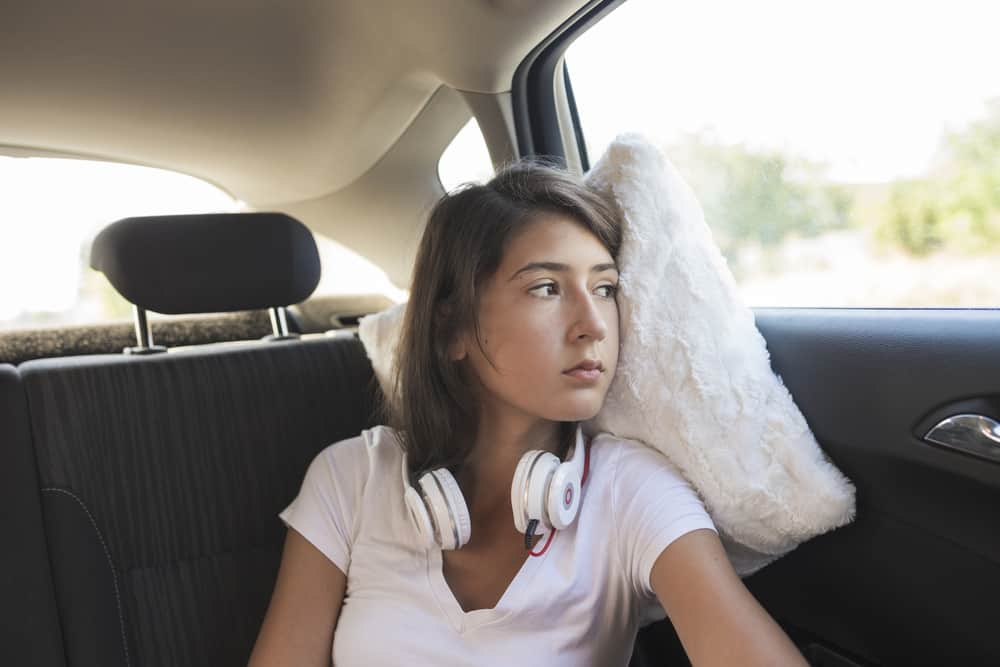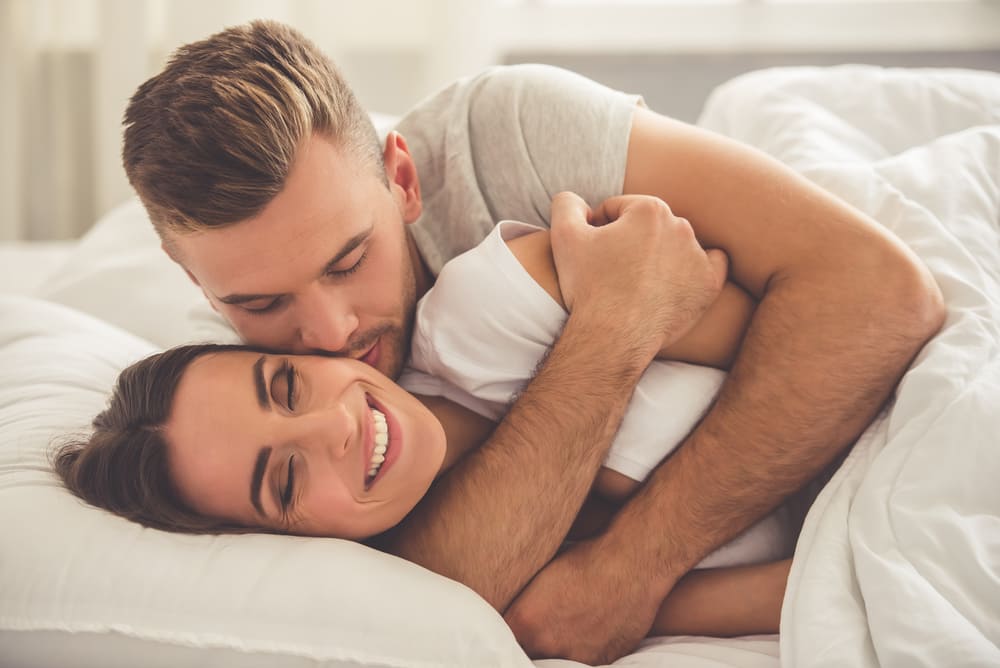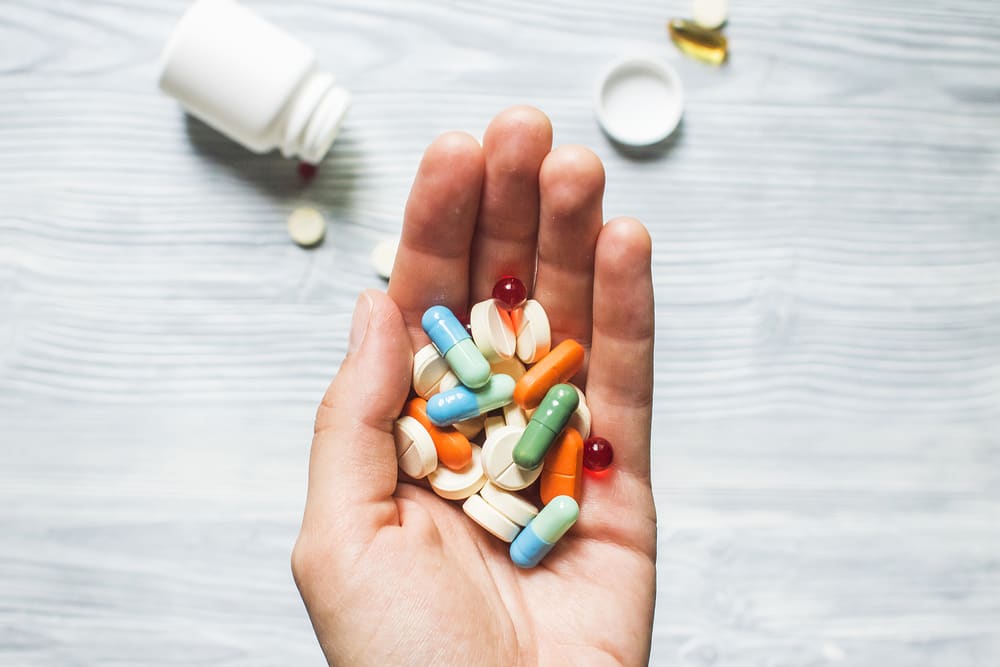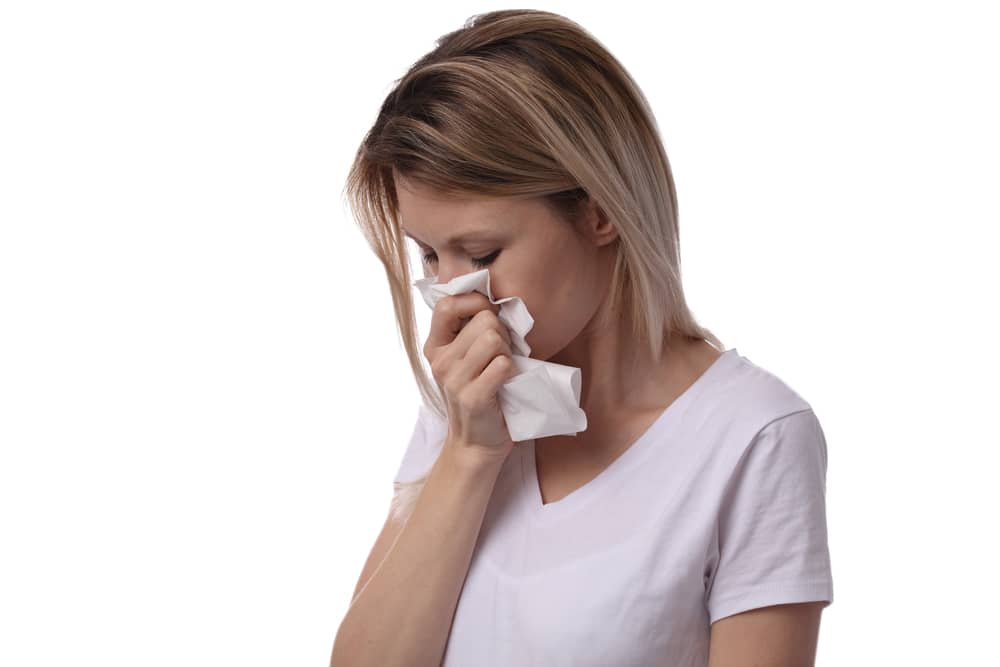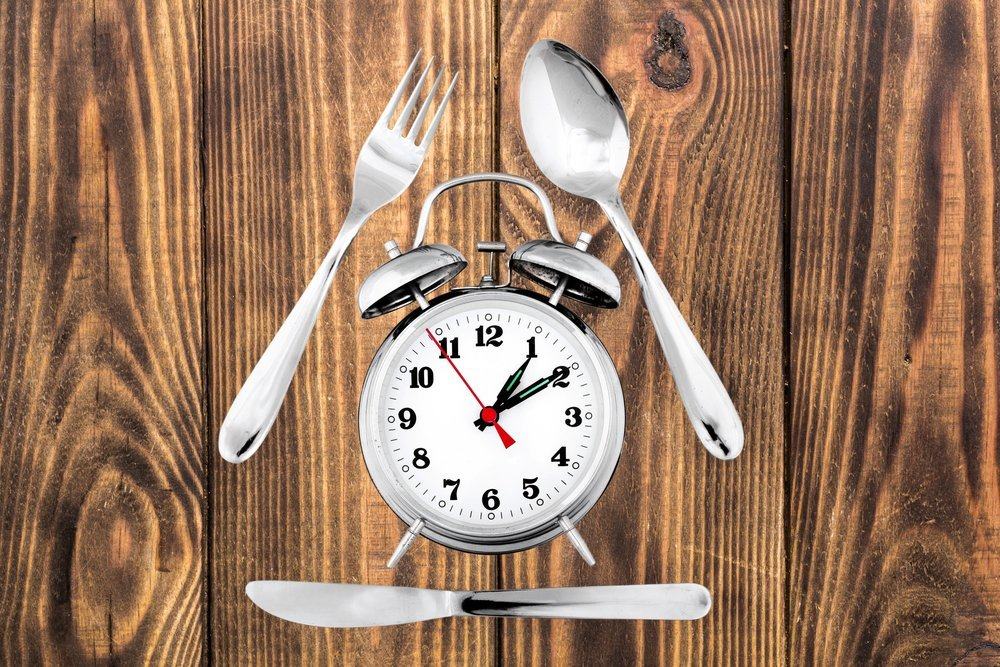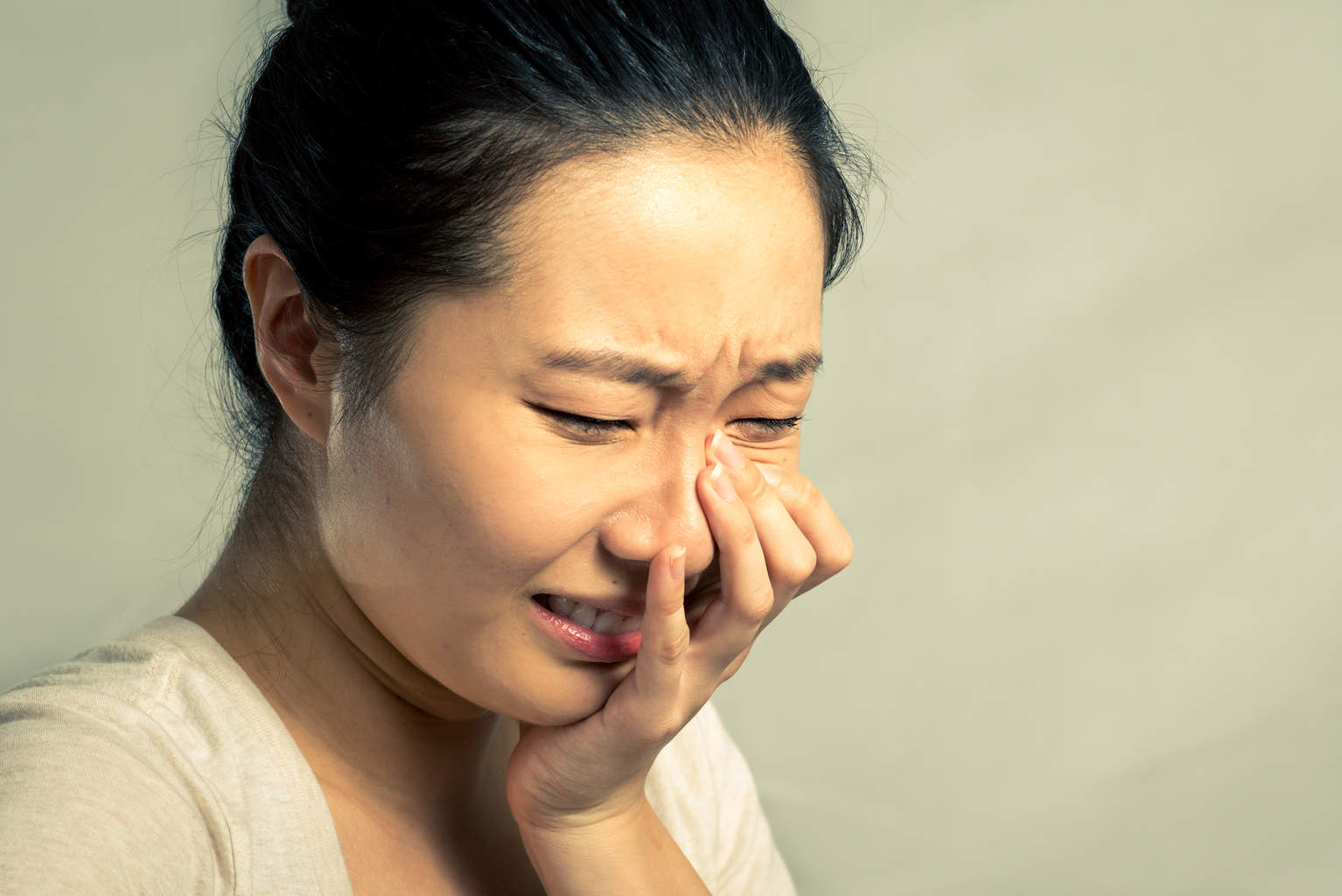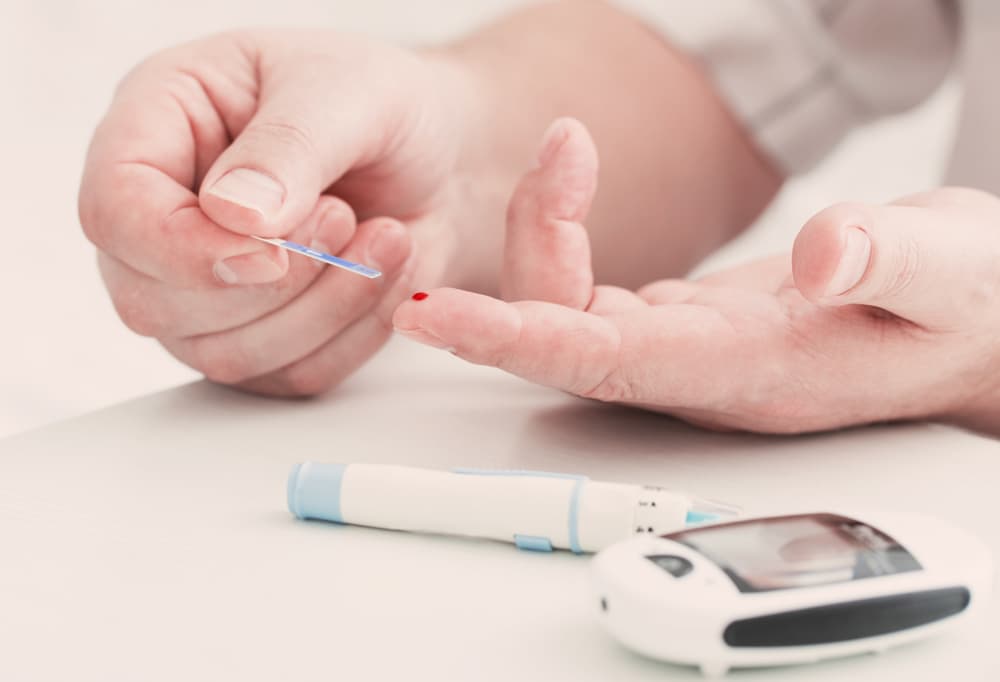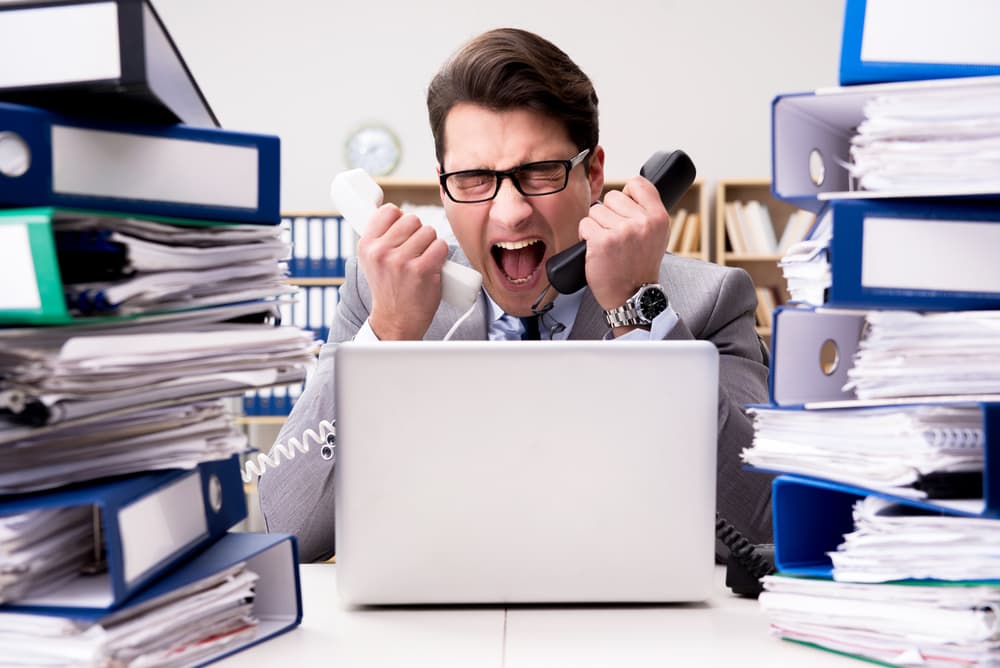Contents:
- Medical Video: Managing Holiday Blues
- Get to know the post holiday blues syndrome
- What happens to the brain when you feel the post holiday blues syndrome
- What are the signs of depression after the holidays?
- How to deal with moodiness and depression after a vacation
- 1. Break
- 2. Respiratory training
- 3. Pay attention to food intake
Medical Video: Managing Holiday Blues
Who doesn't like holidays. Because, only in the holidays you can maximize it to relax and rest. However, there is one of the most unpleasant things of the holiday. Yes, when the holiday must end. His innocence became gloomy and irritable. If you can turn the time, of course you really want to go back to vacation and extend it? If you feel shocked, depressed, even depressed after a vacation, you might get a syndrome post holiday blues. Do not believe? See the following review.
Get to know the post holiday blues syndrome
Although many people say hello to a long holiday full of joy, it turns out there are also those who actually consider the holiday is only a bearer of sadness. Because the holiday season is when you can gather with family and friends. However, it turns out this happiness is only a moment. After the holidays, you have to start cleaning up the rest of the vacation, feeling tired, and not ready to face the reality of going back to work tomorrow.
This can be called syndrome post holiday blues, namely the emotional condition felt after enjoying a vacation. What causes you to feel depressed can be because of two things, namely feeling your vacation is very pleasant or you just want to be on vacation rather than returning to work.
This syndrome is similar to seasonal affective disorder (SAD), which is an emotional disorder that occurs at certain times, as well as after marriage syndrome that feels 'shocked' when the euphoria of marriage ends. So, it's no wonder many of you feel depressed or depressed after a vacation.
What happens to the brain when you feel the post holiday blues syndrome
Quoted from The New Daily, according to Dr. Melissa Weinberg, a psychologist from San Francisco, when you have a nice vacation, actually it's just an illusion made by the brain. No matter how bad your vacation experience is, the brain will only record the parts that you enjoy rather than the bad experiences.
Whether you enjoy your vacation or not, your brain will still accept that your vacation has passed. Because the brain is designed to record various activities carried out consistently, such as work habits that you do everyday. Including when on vacation, your emotional condition will get used to enjoying a break.
So, when you get back to work, your brain will be 'shocked' and re-adjust after things change. What you experience is post-holiday normalization.
What are the signs of depression after the holidays?
Symptoms of the syndromepost holiday blues actually similar to ordinary depression, including:
- Headache
- Insomnia
- Restless
- Addition or weight loss
- Agitation, excessive motor activity due to tension
Fortunately this syndrome is not something to worry about. Because, this syndrome does not last long, only in the early weeks after the holidays. But for some people, this can take a long time to require counseling and family support to deal with it.
How to deal with moodiness and depression after a vacation
1. Break
Feeling tired after the holidays makes you look at reality as a gloomy thing. Well, you can overcome it by taking the time to relax and do me-time by reading books or watching movies. This can provide fresh air before undergoing a new post-holiday day.
2. Respiratory training
According to Anna Hamer, a psychologist, the pressure to start new habits can be minimized by breathing. Take a deep breath with abdominal breathing, take a deep breath while saying a positive mantra. You can also imagine your favorite vacation spot. This will help you return to a calm and energetic state to start the activity.
3. Pay attention to food intake
During the holidays, you usually eat too much as you like. According to Dr. Eric Hollander, Program Director Compulsive, Impulsive, and Anxiety Disorder from Mount Sinai School of Medicine in New York, suggesting that you keep a healthy lifestyle after vacation. Here are some good nutrients for you to consume:
- Amino acid. Foods containing tryptophan amino acids such as poultry, broccoli, milk, cheese, low-fat meat, eggs, and soybeans can trigger the production of serotonin which can provide a comfortable, calm, and relaxed sensation in the brain.
- Carbohydrate. Consumption of carbohydrates can make the mind calmer because of the sugar content that drives the amino acid tryptophan into the brain quickly. Serotonin is what gives the body a sense of comfort.
- Vitamins and minerals. Other important nutrients such as calcium, magnesium, zinc, and Omega fatty acids are useful for building protein, vitamins C, E and B complex, and iron. These various vitamins and minerals can make you more relaxed and stable.

